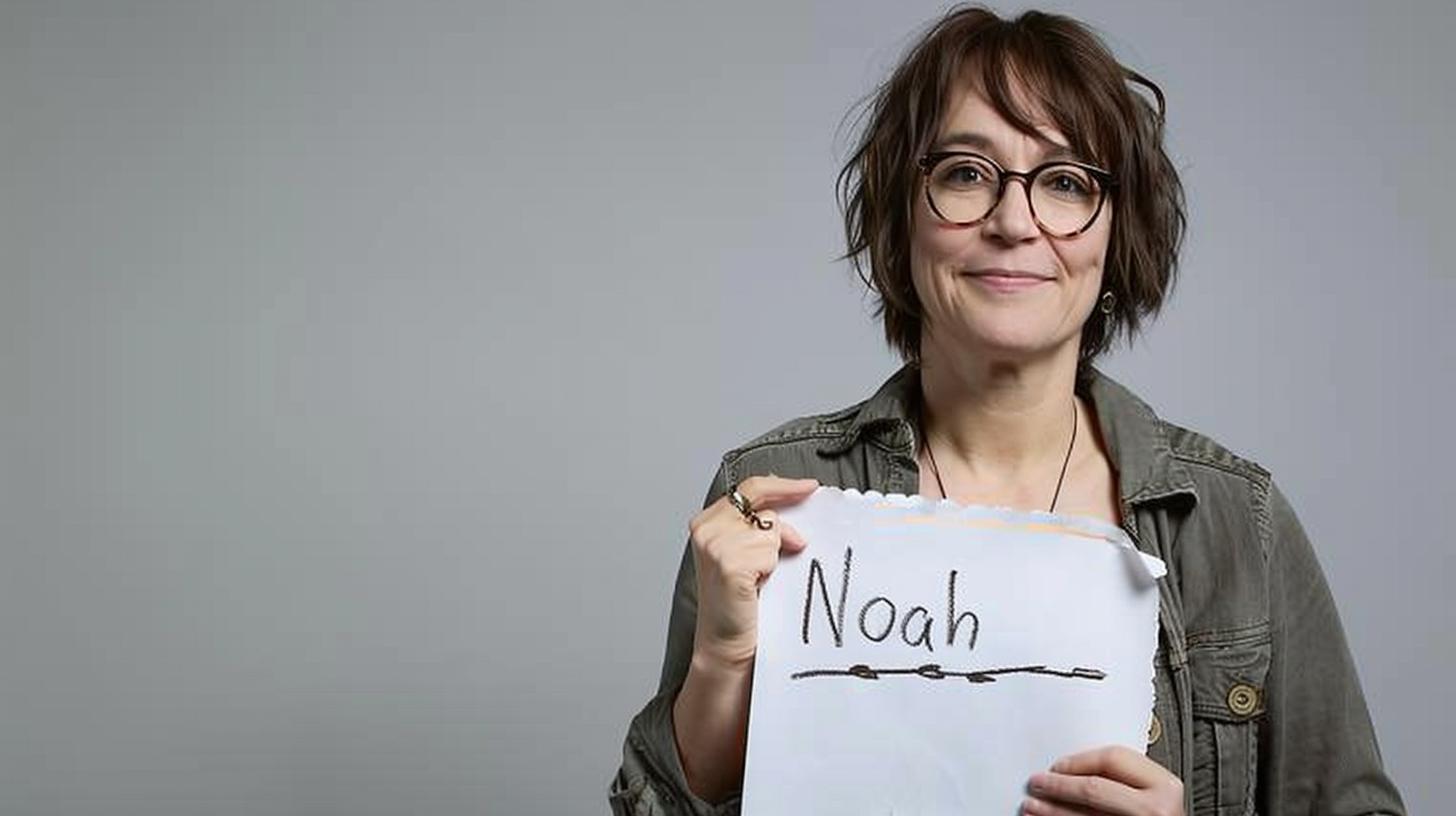Slovakia's Prime Minister Robert Fico has underscored a contentious stance within the European Union by attending Russia's 9 May Victory Day parade, becoming the only EU leader present at an event marked by Moscow's ongoing military actions against Ukraine. Fico's visit to the Kremlin included a handshake with President Vladimir Putin, aiming to commemorate the defeat of Nazi Germany while sparking outrage among EU officials.
The backdrop of the parade, which celebrated the 80th anniversary of this historic event, was fraught with irony. At the same time that Fico was in Moscow, EU foreign ministers convened in Lviv, Ukraine, to endorse a special tribunal aimed at prosecuting Russian war crimes. The EU's chief diplomat, Kaja Kallas, vocally condemned Fico's attendance, asserting that those genuinely committed to peace should be supporting Ukraine rather than standing alongside Putin. “All those who truly support peace cannot stand side-by-side with Putin,” she remarked, highlighting the discord between Fico's actions and the stance of the EU's leadership.
Fico's decision to attend was not without complications; he faced airspace restrictions imposed by the Baltic states, which culminated in a longer journey to Moscow that included flying over Hungary and Romania. In defending his trip, the Slovak Prime Minister framed it as an opportunity to honour the Red Army troops who liberated Slovakia during World War II. His remarks, however, underline a broader trend of his administration's alignment with pro-Russian sentiments, which include halting military aid to Ukraine and criticising EU sanctions against Moscow.
The wider implications of Fico's attendance reflect divisions within the EU regarding relations with Russia. Some officials, including Poland's Donald Tusk, denounced the decision, viewing the participation in the military parade as a betrayal of the values upheld by the EU during the ongoing conflict in Ukraine. Tusk's critical stance was echoed by other EU leaders who have expressed similar disdain for any engagement with a regime currently at war, emphasising the need for unity in the response to Russia’s aggression.
Further complicating the geopolitical landscape is Serbia's President Aleksandar Vučić, who also attended the Moscow celebrations. This joint appearance by leaders from Slovakia and Serbia has sparked protests in Slovak cities, where demonstrators express resentment towards Fico's perceived deflection from EU solidarity. Slogans such as "We've had enough of Fico" were prominent, channeling public frustration related to Slovakia's foreign policy trajectory under his leadership. Opposition figures within Slovakia have branded the visit a national embarrassment, pointing to a growing movement against Fico’s pro-Russian stance.
Concurrently, the EU is advancing initiatives to assist Ukraine, with announcements of significant military aid and plans for a tribunal to bring justice to those responsible for war crimes. These developments underscore the stark contrast between the actions of Fico and Vučić, and the unified approach being adopted by most EU members in response to Russia's military actions. Tensions have escalated as European leaders reaffirm their commitment to Ukraine, further isolating figures like Fico who challenge the consensus.
As Slovakia navigates these turbulent waters, Fico’s pro-Russian inclinations only amplify the existing divisions among EU members regarding their engagement with Russia. The geopolitical stakes are high, with fundamental values and alliances being tested amidst a backdrop of war and historical commemoration.
Reference Map
- Paragraph 1: [1]
- Paragraph 2: [2], [5]
- Paragraph 3: [4]
- Paragraph 4: [3], [6]
- Paragraph 5: [4]
- Paragraph 6: [6]
- Paragraph 7: [2], [5]
Source: Noah Wire Services
